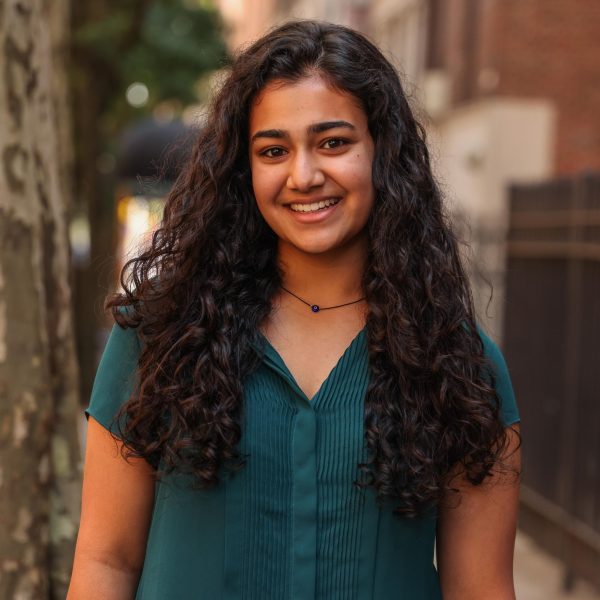Three NYU faculty members received Guggenheim fellowships to complete fine arts projects in their respective fields. The professors were among over 3,000 applicants this year and were recognized alongside 185 individuals.
This year’s recipients — which include Steinhardt professors Shadi Harouni and Julia Wolfe, as well as Institute of Fine Arts professor Alexander Nagel — submitted project proposals across 52 scholarly and artistic fields and received grants of varying amounts to pursue them. Last year, two NYU professors and nine alumni received Guggenheim fellowships in fields ranging from American history to choreography. In previous years, recipients received funding ranging from $30,000 to $45,000 to put toward their projects, according to Forbes.
Harouni, a video and photography professor who works as an artist and filmmaker, will use the grant to continue creating art on historical and personal accounts of resistance along with mass movements of rebellion — particularly in the Kurdish homelands.
“With the support of the Guggenheim Fellowship, I will be working on a new chapter in this series of interwoven films,” Harouni said in a statement to WSN. “This new project centers the lives, dreams, and contributions of women in the ongoing struggles for dignity, self-determination and freedom.”
Wolfe, a professor of music composition, composes musical scores which draw inspiration from rock, folk and classical genres and have been showcased worldwide. Wolfe won the Pulitzer Prize for her music in 2015 and co-founded a music collective called Bang on a Can, which puts on orchestral performances, educates aspiring musicians and creates “innovative music” for audiences around the world.
She told WSN that she will use the grant to create an a capella piece in collaboration with the Theatre of Voices — a Grammy Award-winning Danish chamber choir who has performed various musical genres such as contemporary opera at concert halls and opera houses around the world. Wolfe also said the piece will be performed at Carnegie Hall in early 2025 and that she is still determining what the theme of the work will be. Her existing work has centered around a historical or political point, such as putting on chamber choir performances shedding light on the history of New York’s garment industry and women’s equality.
“One other thing that I’m interested in is what happens when you move things when you hear the sound in space,” Wolfe said. “Often, we hear music through our earphones or we’re in a concert, and we generally are hearing it from one direction. I’m trying to think a little bit more about, how do I create a work where it is surround sound with human beings?”
Nagel said he will use his fellowship funds to research and write about his grandmother Mireya Lafuente, a 20th century Chilean painter whose work was featured in prestigious galleries around the world at the time, but is now “forgotten” with no modern scholarship on her.
As a professor at NYU’s Institute of Fine Arts, Nagel conducts research on art history in areas that include contemporary and early modern art, and has authored and co-authored five books as well as co-edited another five. He said that when applying for the fellowship, he was unsure how to approach his research because of his relationship to his subject.
“I asked for the fellowship in order to have time to sort through the material and above all to figure out how to write in a mode that would be suited to my relation to all this, something that would probably need to cross genres between memoir, history and possibly speculative fiction,” Nagel said in a statement to WSN. “I admitted that at the moment I have almost no idea how I am going to handle the writing problem, and that I’d just have to work through it. I suppose the committee thought it was worth the risk.”
Contact Aashna Miharia at [email protected].
























































































































































